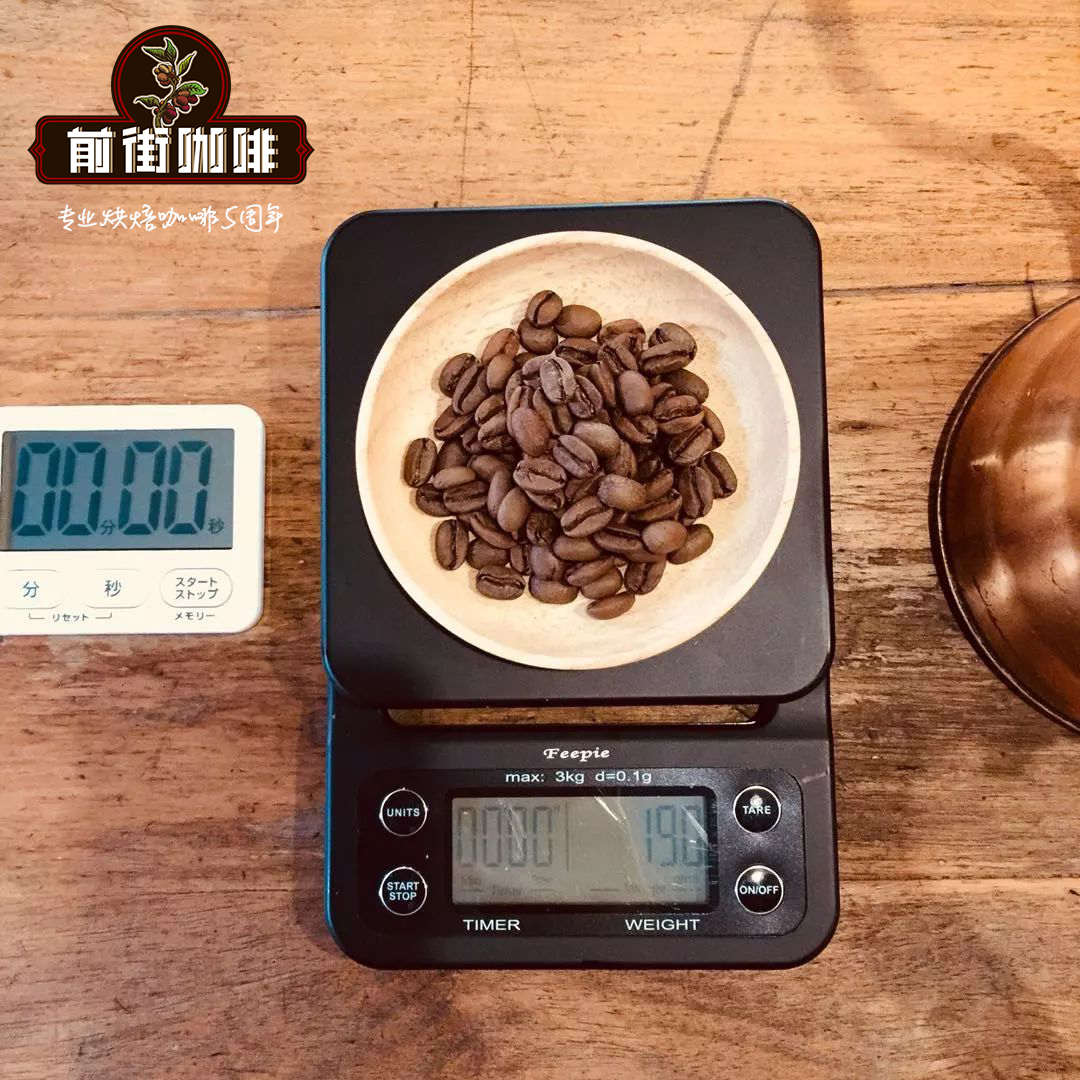How about Ugandan coffee? Ugandan coffee ranks Ugandan coffee brands.

Professional coffee knowledge exchange more coffee bean information please follow the coffee workshop (Wechat official account cafe_style)
For many, Uganda may not be the first country to think of high-quality Arabica coffee: it is traditionally considered to be a producer of robusta coffee. In many parts of the country, however, the challenge is more about infrastructure, history and knowledge than the environment. The Ruwenzori Mountains in the west of the country (bordering the Democratic Republic of the Congo) are only one of the many areas in the country best suited for producing high-quality specialty coffee.
Winston? Sir Sir Winston Churchill initially described Uganda as "the pearl of Africa" and praised its "colorful forms and colors, splendid life and great scale". Thanks to the dual-mode rainfall season and high altitude, the country has a pleasant climate and verdant vegetation all the year round. The eastern and western mountains are home to farmers in Arabica, Uganda; Robusta comes from the central plateau.
Rwenzoris is called "Moon Mountain". They extend 120 kilometres along the border between western Uganda and the Democratic Republic of the Congo. Snow-covered peaks, more than 5000 meters above sea level, support glaciers, which are the starting point from which many rivers flow down the slopes (including a source of the Nile). The slopes of this region are an area where the Government of Uganda is promoting coffee production as a key driver of rural development.
This area is home to the Bakonzo tribe, which has been farming in the foothills of Rwenzori for as long as I can remember. High altitude, fertile soil and ample rainfall provide perfect conditions for Arabica coffee to grow. Coffee provides a steady income for farmers in Bakonzo, allowing them to support their families and develop their own homes. Coffee is grown under banana trees, while mixed farms also produce cassava, corn, beans and peanuts for local consumption and income.
Bukangzo County is divided into many sub-counties, such as Kisinga, Gyeonggi Province, Kiarumba, Monkunyu, Mahango, Niacatunqi and Isango. There are many small towns in the lowlands in this area, and there is a good road network between them. These towns provide ideal locations for coffee processing and are home to many farmers' groups and primary processors, which is in Kisinga, where Kyagalanyi's first coffee station in the region is located. Here, Kyagalanyi focuses on high-quality specialty natural Arabica coffee beans.
Most farmers own about 1 hectare of land, and all the work on the farm is done by hand, usually by immediate family members. People usually work together in groups, processing and selling their coffee on a community-based and sometimes extended family basis, a method known as "sharing agriculture". This will help them improve their processing, better control quality and improve their marketing ability.
END
Important Notice :
前街咖啡 FrontStreet Coffee has moved to new addredd:
FrontStreet Coffee Address: 315,Donghua East Road,GuangZhou
Tel:020 38364473
- Prev

The coffee has the taste of lychee. How about litchi coffee? introduction to lychee blue coffee beans
Professional Coffee knowledge Exchange more information on coffee beans Please follow Coffee Workshop (Wechat official account cafe_style) Lycello Blue is a kind of coffee that contains a blend from the Walken region of Panama. (the King of Chad, the 2017 world beer cup champion, also uses geshait coffee from the region.) The city of Volken in Panama has a cold climate, which is also located in Panama.
- Next

Factors affecting the freshness of coffee what are the four factors that affect the freshness of coffee?
Professional coffee knowledge exchange more coffee bean information please follow the coffee workshop (Wechat official account cafe_style) what will make coffee beans bad? The sun shines directly on water, oxygen, heat and sunlight. Moisture. oxygen. Heat. Without these four things, the human body cannot survive. Although we often praise these three elements, they are also the main killers of our favorite drink, coffee!
Related
- Beginners will see the "Coffee pull flower" guide!
- What is the difference between ice blog purified milk and ordinary milk coffee?
- Why is the Philippines the largest producer of crops in Liberia?
- For coffee extraction, should the fine powder be retained?
- How does extracted espresso fill pressed powder? How much strength does it take to press the powder?
- How to make jasmine cold extract coffee? Is the jasmine + latte good?
- Will this little toy really make the coffee taste better? How does Lily Drip affect coffee extraction?
- Will the action of slapping the filter cup also affect coffee extraction?
- What's the difference between powder-to-water ratio and powder-to-liquid ratio?
- What is the Ethiopian local species? What does it have to do with Heirloom native species?

